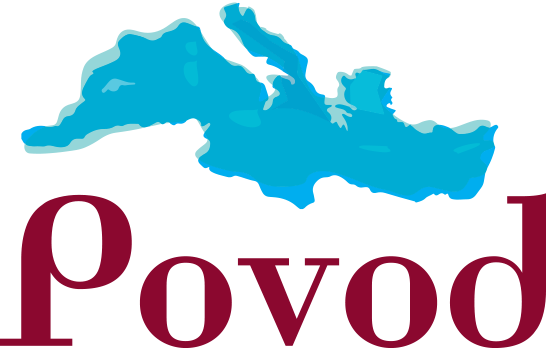Authors of the policy brief:
- Samar Zughool, Director of Reka Si research and art institute
- Darine Daouthy, Social worker at Cultural Club Ali Belhouane, Tunisia
Executive summary:
Considering the intersectionality and diversity of inequalities women face in the southern Mediterranean region, the EU GAP III is a handy plan that adds intersectional and transformative approaches to gender equality through foreign policy. However, integrating the GAP III approaches into the EU’s external relations, such as the New Agenda for the Mediterranean, remains a challenge resulting from the deficiency of including CSOs, women’s rights and feminist groups from the region in policy dialogue and programming. Thus, this policy brief combines a literature review with participatory interviews with the relevant groups to formulate concrete recommendations for the integration of the GAP III approaches into the New Agenda for the Mediterranean, such as supporting the establishment of residents’ assemblies, adapting gender rapid analysis in granting criteria, supporting the establishment of digital platforms for dialogue such as Decidim, integrating the gender indicators from the first report by the Intergovernmental Monitoring Mechanism on Gender Equality for the UFM into the “Economic and Investment Plan for the Southern Neighbours” while adding the impact of gender equality on socio-economic development, supporting social media advocacy that includes diaspora feminist groups, and adding a decolonial approach through concrete practices such as investing in a decolonial participatory research about the history of gender equality and sexual rights in the region and to sensitize the language in international cooperation.
Read the full policy brief in the attachment below.

